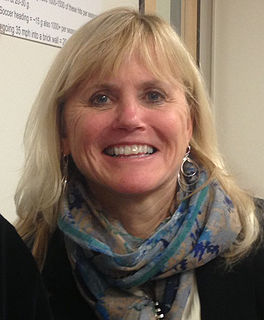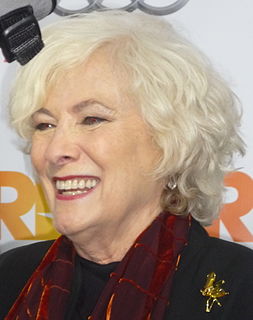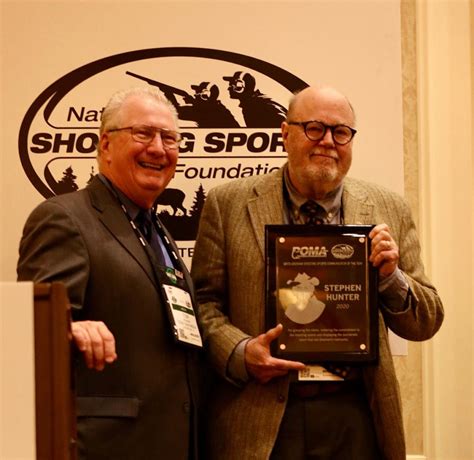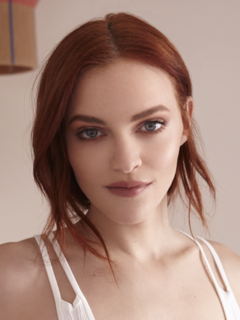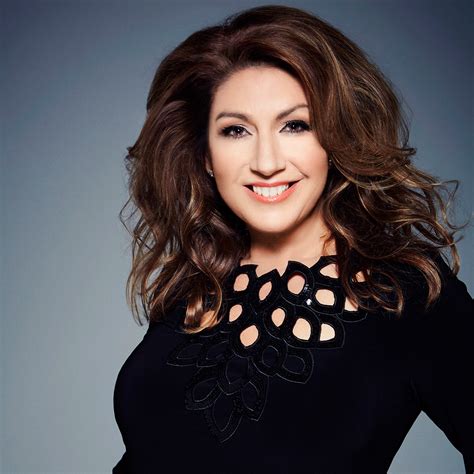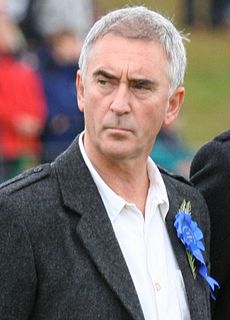A Quote by Ann McKee
I started out as a neurologist. I then trained in neuropathology and was focused on neurodegeneration. So, for years, I studied Alzheimer's, aging, Parkinson's, that kind of thing.
Quote Topics
Related Quotes
Almost instantly [after my announcement of Parkinson's], I saw the first couple of days the coverage was about, you know, "Fox's Parkinson's, blah, blah, blah." Then, two days after that, I saw the coverage turn. It started to become, "Can young people get Parkinson's?" All of a sudden, the conversation turned to become about that. And that was one of the first eye-opening things.
I regarded finding I had a form of Alzheimer's as an insult, and I decided to do my best to marshal any kind of forces that I could against this wretched disease. I have posterior cortical atrophy or PCA. They say, rather ingenuously, that if you have Alzheimer's it's the best form of Alzheimer's to have.
